
Idris Elba Launches Bold Plan to Build Africa’s Entertainment Industry, Starting in Zanzibar
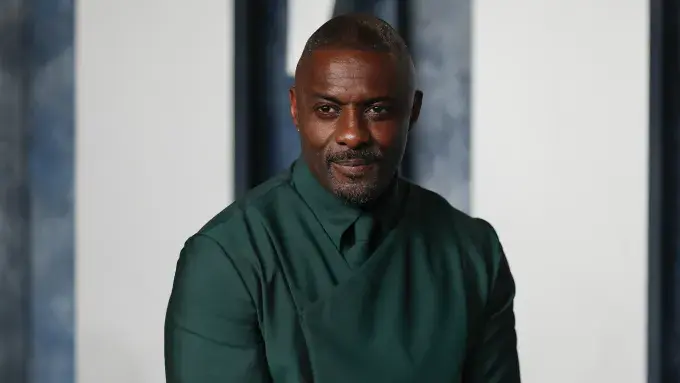
Idris Elba, celebrated for his roles in The Wire and Luther: The Fallen Sun, is embarking on a mission to transform Africa’s creative economy. Drawing from his roots in Sierra Leone and Ghana, the British actor is leading a new project to develop world-class film studios across the continent. The journey begins in Zanzibar, a semi-autonomous region of Tanzania known for its scenic beaches.
The idea took shape during the World Economic Forum in Davos, where Elba met with Tanzanian President Samia Suluhu Hassan. In August, the Zanzibar government allocated 200 acres to construct the first studio, a step Elba hopes will inspire more large-scale investments in African entertainment.
Zanzibar’s Minister for Investment, Shariff Ali Shariff, expressed excitement about the project, jokingly suggesting the new industry could be called “Zallywood” or “Zawood.” “This will be a studio on par with Hollywood, Nollywood, and Bollywood,” Shariff said.
Elba’s goal isn’t just to build studios but to empower African creatives to tell their stories. “Much of the media about Africa comes from outside the continent,” he explained at the Stellar Development Foundation’s Meridian conference in London. “With a median age of 19, Africa is full of young, optimistic people who deserve the chance to shape their own narratives.”
Africa’s creative potential is massive but remains largely untapped. Though the continent holds 18% of the world’s population, it contributes only 1% to the global creative economy. A UNESCO report estimates that Africa’s film and audiovisual industry could generate $20 billion and 20 million jobs by 2030. Companies like Netflix and Disney already invest in African markets such as Nigeria, South Africa, and Kenya.
Elba believes more governments need to recognise the economic value of the creative sector. “The right investments and regulations could unlock enormous potential,” he said. He parallels South Korea’s entertainment boom, where cultural exports contributed $27 billion to the economy between 2017 and 2021. Tanzania has already begun adopting this model by sending African actors to train in Busan, South Korea.
Elba also addresses a significant challenge facing African creatives: limited access to banking services. Many young artists are excluded from monetisation platforms because they lack bank accounts. In response, Elba has partnered with Stellar to launch Akuna Wallet, a blockchain-powered digital wallet designed to facilitate payments and royalties for artists.
“Akuna Wallet will allow creatives to manage their finances and receive payments without needing traditional banks,” Elba explained. A pilot program has already been rolled out in Ghana, where nearly 60% of the population is under 25, and many remain unbanked.
Elba believes that creating financial inclusion will unlock more opportunities for quality content creation. “If young people can get paid consistently, we’ll see more incredible work coming from the continent,” he said.
For Elba, the Zanzibar project is just the beginning. “It’s like putting together a puzzle,” he said. “Studios are only one piece; we need infrastructure, investment, and policies that support creators.”
He’s optimistic that, with the right support, Africa can become a global entertainment hub. “If governments see the value in this, the industry will grow — and thrive,” Elba said. With his bold vision already underway, the future of African entertainment looks brighter than ever.
READ MORE:
• Idris Elba Urges African Filmmakers to Prioritise Quality For Global Success
• Idris Elba To Lead In TV Series Adaptation Of ‘Things Fall Apart’
About The Author
Related Articles
TikTok’s Late-Night Live Ban Sparks Outrage in Nigeria
TikTok has quietly restricted late-night LIVE streaming in Nigeria, a move that...
ByWest Africa WeeklyDecember 8, 2025Wizkid, Seyi Vibez, and Asake Dominate Spotify’s 2025 Wrapped in Nigeria
Spotify has released its 2025 Wrapped data, and the results show another...
ByWest Africa WeeklyDecember 4, 2025Lagos Welcomes XVI Edition of S16 Film Festival Featuring Shorts, Features, and Panels
The 2025 edition of the S16 Film Festival officially opened in Lagos...
ByWest Africa WeeklyDecember 3, 2025Ghana Sets Up GH₵20m Creative Arts Fund as Nigeria’s Sector Still Lacks Support
Ghana’s 2026 national budget includes a bold new investment in its creative...
ByIkenna ChurchillNovember 17, 2025


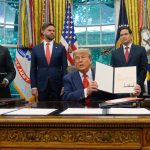
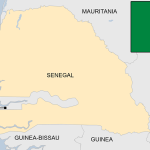

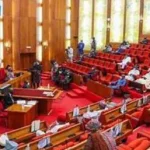

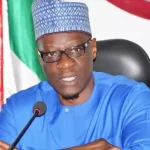

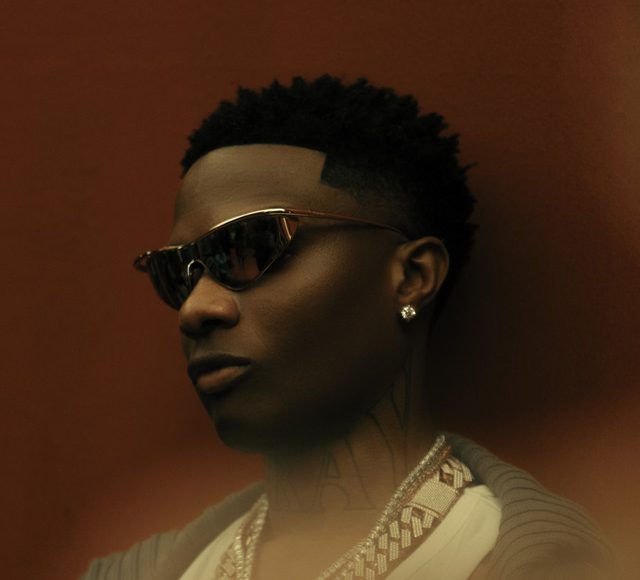
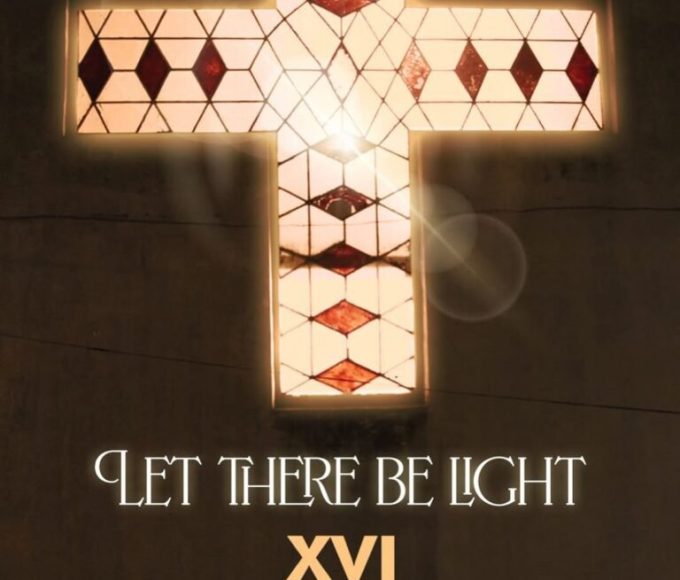
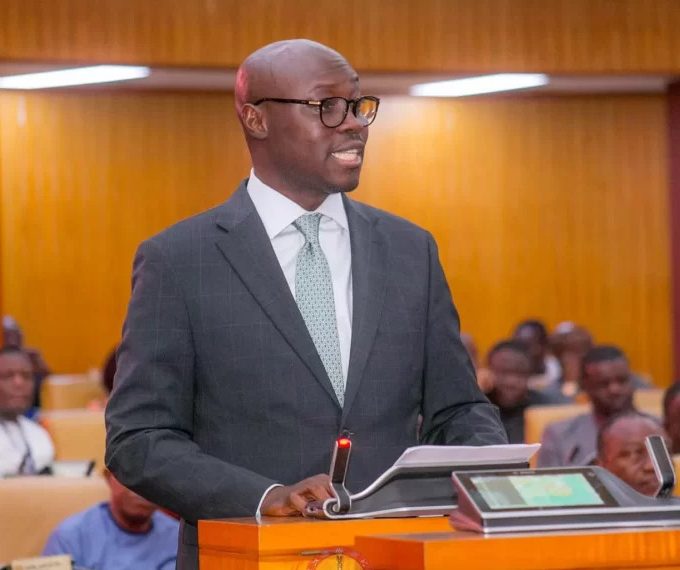
Leave a comment